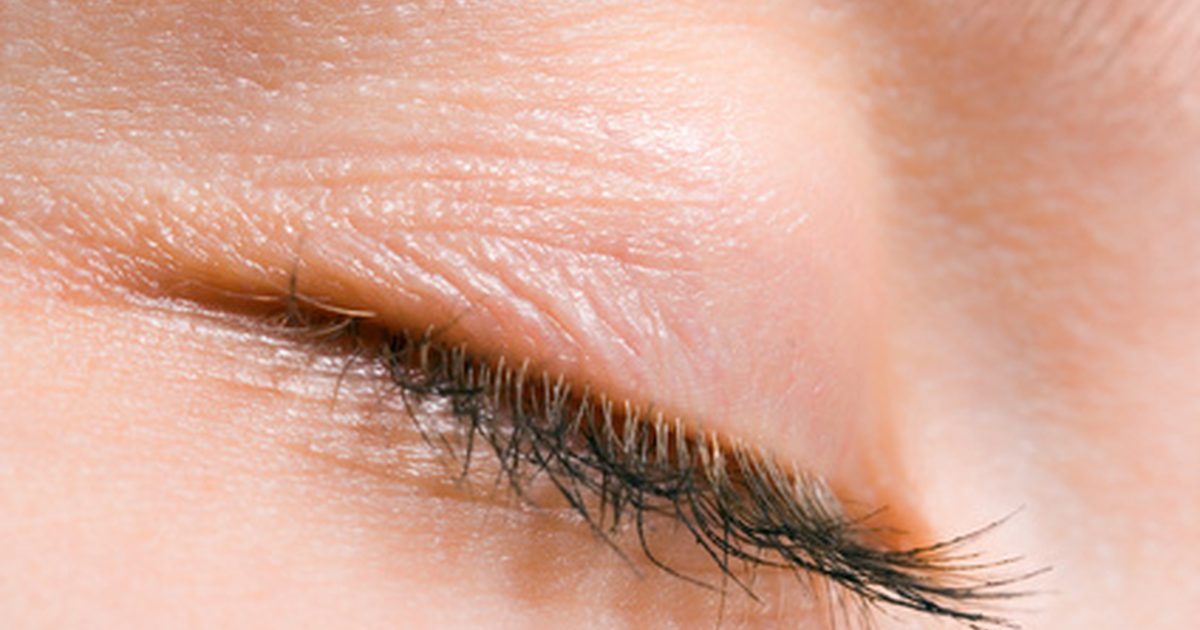Guide To The Causes Of Epiphora
Epiphora is a watery eye condition that results in tears overflowing onto the face without any notable reason for the problem. This means the tear drainage system in one or both of an individual's eyes isn't working the way it should be. While tears are supposed to drain through the nasolacrimal system in the eyes, epiphora bypasses this system and sends them onto the face instead. Epiphora is very common among infants under one year of age and seniors over sixty years old. Most of the causes of this condition can be effectively treated. The treatment patients are provided with usually depends on how severe their epiphora is, and certain causes may require surgery to correct. The symptoms patients experience with epiphora include an ongoing redness in the affected eye, reduced vision, and swelling or pain around their eyes. Learn about what may cause epiphora now.
Allergic Rhinitis

A very common cause of epiphora is allergic rhinitis, which is a condition that occurs when a harmless substance brings about an allergic reaction. Commonly referred to as hay fever, this condition is usually a response to such allergens as pollen, cat saliva, mold, and dust mites. Some of the symptoms patients will experience when suffering from allergic rhinitis include headaches, fatigue, coughing, sneezing, and a runny nose. Their eyes can also become itchy and watery to the point where they may develop epiphora. It's possible to experience these symptoms all year long or on a seasonal basis. While this condition can affect practically anyone, it's more prevalent in individuals with a family history of allergies. A couple of additional risk factors include the presence of eczema and asthma. The irritation caused by this condition can worsen epiphora with certain external factors like air pollution, hairspray, cold temperatures, humidity, and cigarette smoke.
Continue reading to discover more epiphora causes now.
Ingrown Eyelash

A variety of infections and inflammations, among the most common of which is an ingrown eyelash, can cause patients to experience epiphora. The area around an ingrown eyelash can become infected and cause symptoms like swelling and watery eyes. This condition occurs when an eyelash grows inward as opposed to outward. While the initial stages of this condition won't cause much irritation, it's likely patients will develop epiphora as well as a range of additional symptoms as the eyelash grows. Ingrown eyelashes are particularly common among adults and can affect the lower and upper eyelids. Patients might have a higher risk of developing an ingrown eyelash because of trauma to the area or inflammation from another condition or disease, such as trichiasis and distichiasis. Along with the case of epiphora patients will likely experience when suffering from an ingrown eyelash, their eyes will also redden and become sore to the touch. Relief from this condition is only felt once the eyelash is removed.
Get the details on the next potential cause of epiphora now.
